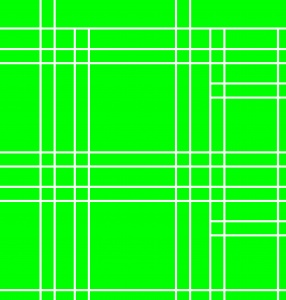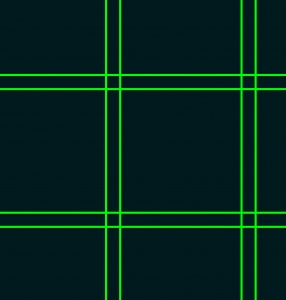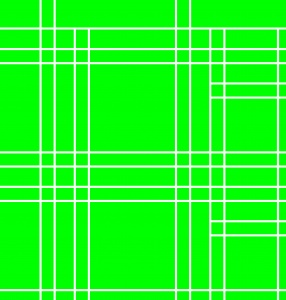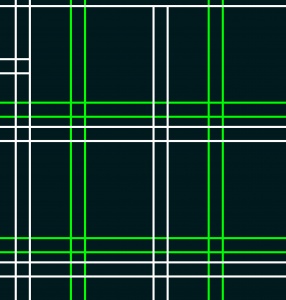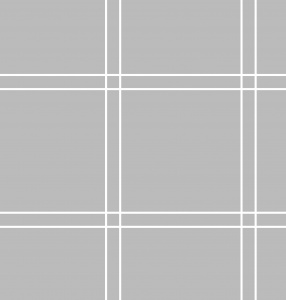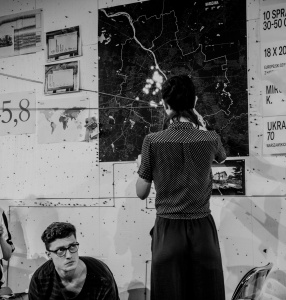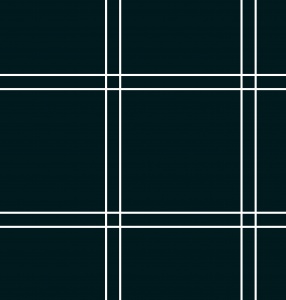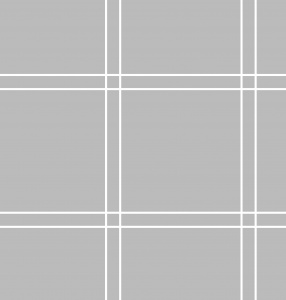Biennale Warszawa
The Atlas of Planetary Violence
It is difficult to objectively measure the scale or intensity of violence. It would seem, however, that nowadays, in the world of intense planetary flows of people, commodities, capital, ideas and media, violence neither lost its significance, nor did it become less cruel, barbaric or severe.
Nevertheless, a reorientation of violence has occurred. Globalisation manufactures both new forms of violence and new tools of its distribution. What for some means new opportunities for profit and investment, for others becomes the source of suffering, necessity to migrate, escape or exile, dispossession, being robbed of their land or modern forms of slavery. What constitutes a release from confines of various barriers and borders, what can offer pleasure connected with direct access to places, people, phenomena, images and objects located far from our local environment, becomes at the same time the source of inequality. Deregulated, liquid capital zips around global markets at great speed, wreaking havoc in the lives of many societies, leading to unforeseen and unexpected price changes of goods and raw materials, causing anxiety and instability of those for whom goods and raw materials are not objects of speculation but resources necessary for dignified life.
While borders are completely permeable for liquid capital and usually they don’t resist transportation of commodities, for many human bodies they become obstacles extremely difficult to overcome. However, their objective is not completely blocking the flows, but regulating them, slowing them down, directing them in accordance with logic and interest of the capital. Porous borders of planetary jigsaw puzzle pieces are to an increasing large extent completed with new infrastructure of violence. All over the world, new walls are being build – to mention just the most spectacular one on the American-Mexican border – that in a physical way supplement the digital system of control.
Violence also becomes the response to the existence of unforeseeable shifts, unexpected events and uncertain tomorrow in the world. The right wing knows to play this fear, reinforce it, stir it up, and direct at the most vulnerable and susceptible social groups, such as the refugees. Real anger related to socio-economic inequalities, dispossession, gentrification, employment precarity as well as social and economic degradation of the working and middle class become channelled at those who were forced to leave their homes and travel in order to maintain any decent life conditions for themselves and their families. Hence the increasing importance of understanding the archaeology of the right-wing turn and right-wing populism. It is not enough to keep repeating statements about the repeating history and recalling patterns of operation of the fascist and nationalist right from the early 20th century; the right of today only remixes old languages and strategies, creating, in fact, a complex, visionary project, which is a response to the current situation of global capitalism, determined by financialization, ultra-rapid liquid capital, and various forms of neo-colonial exploitation. It’s an entirely different response and a different situation than that which was given by the right after the October revolution. This subject is tacked and analysed by Paweł Wodziński in the play Global Civil War.
Furthermore, violence affects the largest number of immigrants in history (250 million) and over 40 million of modern slaves, majority of whom are people who don’t receive any payment for forced labour. Both phenomena are closely related – migrants and refugees are the ones most susceptible to slave exploitation. Both are a part of the process of accumulating primary capital, returning in periods of capitalist crises and economic downturn. Looting, dispossession, neo-colonialism, slavery and migrations occur when the return on investment turns out to be insufficient and the growth curve plunges or becomes flat. But this is not an abstract, delocalised process. According to the Global Slavery Index, over 181,000 modern slaves lived in 2016 in Poland alone. Why is this phenomenon invisible, absent from the public debate? Why this incredible data is not widely known? Where are slaves in Poland and what situations are we talking about? Bartosz Frąckowiak and Natalia Sielewicz embarked on an investigative documentary path in the play Modern Slavery, to talk about local expressions of this planetary phenomenon.
In the enormous catalogue of new forms of structural violence related to globalisation, the real and physical kind, and the no less real symbolic one, we decided to concentrate on several cases and analyse them. These include the right-wing turn, modern slavery and new forms of flexible work. We arranged these phenomena to form an atlas. The atlas is neither complete nor finished. It rather constitutes a starting point, a departure to a multi-thread, multi-stage analysis of the phenomenon of planetary violence. The atlas formula enables to discern several particular examples in the dense chaos of the contemporary world and then compile them into new configurations. It allows to slow down the flow, stop and consolidate the situation, even at the price of simplification and all the sins of classification. Capturing the moment of the state of the world gives a chance for building other relationships and reflection, for an anatomic vivisection of the studied phenomena. It also enables extending and prolonging time and space, and in consequence, making present – even through representation – of what was absent and remote in relationships based on mediation and distance.Life in the world of intense transnational relations and global interrelationships does not necessarily mean that these relations and interrelationships are noticed. Nor does it mean that they are always visible. Many of them are deliberately blurred, faded or concealed. The objective of our critical and political activity is to reveal them, and then put them in our atlas. In new configurations, allowing to explore them better. Closing violence in the atlas is not supposed to serve only the exploration of violence, but also quite literal locking it down, to open the space for new opportunities: alternative projects, hopes, radical utopias and change.
Paweł Wodziński and Bartosz Frąckowiak
